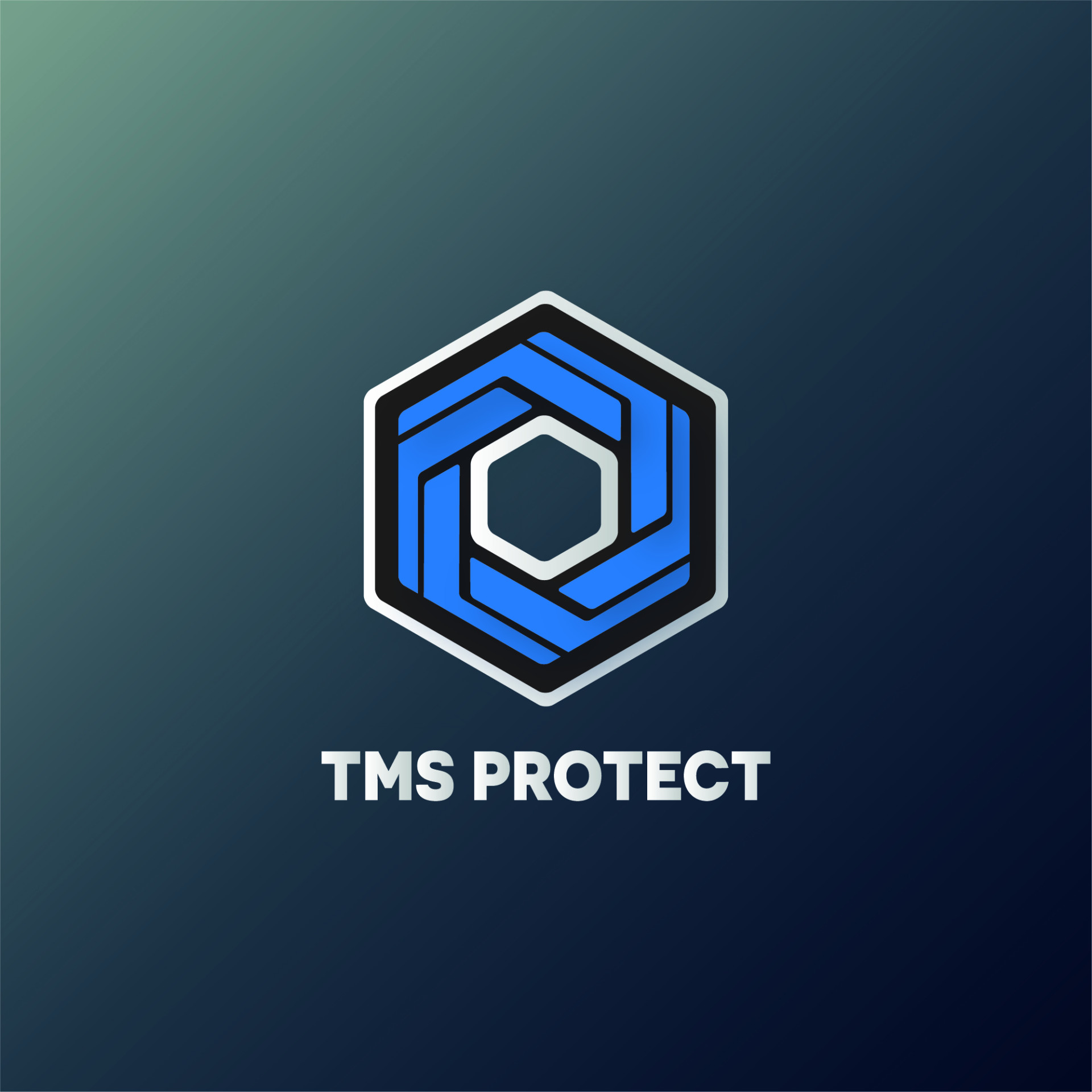R&R – VIP
Please pay close attention to the brief, where all site-specific criteria pertaining to your position and role will be communicated to you. It is essential for security personnel to be conversant with the specific policies and procedures applicable to them.
As is the case with all security positions, you are expected to have completed your employee induction, which includes, but is not limited to; customer service, counter-terrorism, collaboration, diversity and inclusion. You should also ensure that you are aware of the dress code and have completed the checklist to ensure that you are fully prepared for work in this environment that is constantly changing.
Security staff working in VIP areas for access and egress play a crucial role in providing a secure and smooth experience for high-profile individuals or VIPs. Their roles and responsibilities may include the following:
- Access control: Security staff are responsible for controlling and managing access to VIP areas. They should verify the identity of individuals seeking entry, authenticate their credentials, and ensure that only authorised personnel or approved VIP guests are granted access. They may use access control systems, such as biometric scanners or ID verification, to ensure strict access control measures.
- Protection and personal safety: The safety and security of VIPs is of utmost importance. Security staff should provide close protection and maintain a vigilant presence to deter potential threats or security breaches. They should be trained in personal safety techniques and be prepared to respond quickly and appropriately in case of any security incidents or emergencies.
- Crowd management: In VIP areas, security staff may be responsible for managing crowds or large gatherings during events or functions. They should ensure that crowd movements are orderly and controlled, preventing overcrowding or potential safety hazards. Proper crowd management techniques and protocols should be followed to ensure the safety and comfort of VIPs and other attendees.
- Surveillance and monitoring: Security staff should be proficient in monitoring surveillance systems, such as CCTV cameras or security alarms, in VIP areas. They should maintain constant vigilance, observing for any suspicious activities, breaches, or potential security risks. Promptly reporting and addressing any security concerns or incidents is crucial for maintaining a safe and secure environment.
- Conflict resolution and crisis management: Security staff should be skilled in conflict resolution and crisis management techniques. They should be able to defuse tense situations, handle difficult individuals or conflicts, and maintain a calm and professional demeanour in high-pressure scenarios. Training in crisis response and emergency protocols is essential to ensure swift and effective action during critical incidents.
- VIP escort and assistance: Security staff may be required to provide VIP escort services, ensuring the safe movement of VIPs within designated areas. This includes accompanying VIPs during their arrival, departure, or movement within the premises. They should be knowledgeable about the layout of the area, be able to provide directions, and offer assistance or support as needed.
- Communication and coordination: Effective communication and coordination are vital for security staff working in VIP areas. They should maintain regular communication with colleagues, event organisers, VIP handlers, and other relevant personnel to share information, provide updates, or request assistance when necessary. Collaborating with other security team members ensures a seamless and coordinated approach to VIP security.
- Confidentiality and discretion: Security staff working in VIP areas must maintain the highest levels of confidentiality and discretion. They may be privy to sensitive information, conversations, or personal details about VIPs. Respecting privacy, maintaining confidentiality, and adhering to ethical standards are essential aspects of their role.

